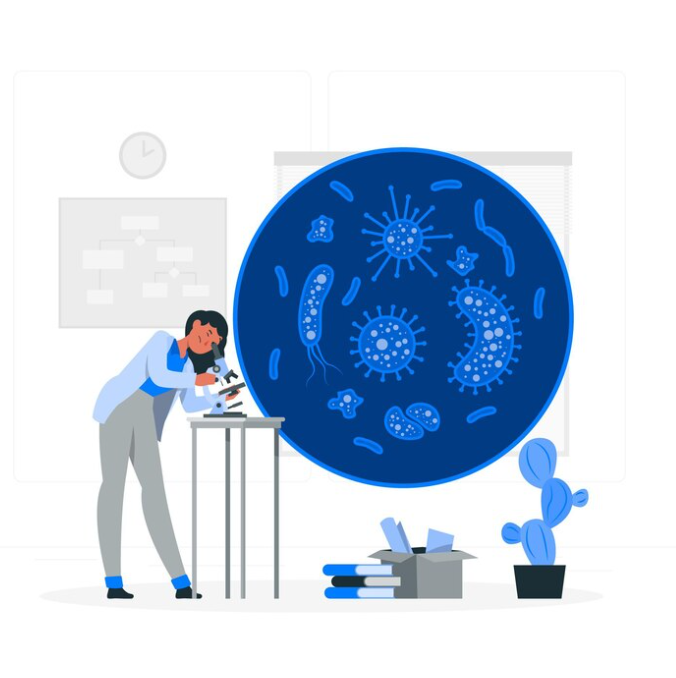
Understanding Salmonella: Causes, Symptoms, and Prevention
Introduction: Salmonella is a type of bacteria that can cause food poisoning. Understanding how Salmonella spreads, its symptoms, and prevention measures is crucial for protecting yourself and your family from illness. Let’s explore more about Salmonella and how to stay safe.
Causes of Salmonella: Salmonella bacteria can be found in raw or undercooked eggs, poultry, meat, and unpasteurized dairy products. Contamination can occur during food production, processing, or preparation, as well as through cross-contamination from raw foods to ready-to-eat foods.
Symptoms of Salmonella: Symptoms of Salmonella infection usually appear within 6 to 72 hours after consuming contaminated food and may include:
- Diarrhea
- Abdominal cramps
- Fever
- Nausea
- Vomiting
Diarrhea is a condition characterized by frequent, loose, or watery bowel movements. It occurs when the digestive system is not functioning properly, leading to an increased frequency and volume of stools. Diarrhea can be caused by various factors, including infections, food intolerances, medications, and underlying health conditions. It often accompanies symptoms such as abdominal cramps, bloating, nausea, and dehydration.
In most cases, diarrhea resolves on its own within a few days, but severe or persistent diarrhea may require medical attention to address the underlying cause and prevent complications like dehydration.
Treatment may include staying hydrated, adjusting diet, and sometimes medications to alleviate symptoms and promote recovery.
These symptoms typically last for 4 to 7 days and can be severe, especially in young children, elderly individuals, and those with weakened immune systems.
Prevention of Salmonella: To prevent Salmonella infection, follow these food safety tips:
- Cook foods to the proper temperature: Use a food thermometer to ensure that poultry, meat, and eggs are cooked thoroughly.
- Practice good hygiene: Wash hands, utensils, and surfaces frequently, especially after handling raw meat or eggs.
- Avoid cross-contamination: Keep raw meats separate from ready-to-eat foods and use separate cutting boards and utensils.
- Refrigerate foods promptly: Store perishable foods in the refrigerator at 40°F (4°C) or below to slow the growth of bacteria.
- Be cautious with high-risk foods: Avoid consuming raw or undercooked eggs, poultry, meat, and unpasteurized dairy products.
By following these prevention measures, you can reduce the risk of Salmonella infection and enjoy meals with confidence.
To seek medical advice, always consult a Doctor. Here are our recommended experts.Click Here



